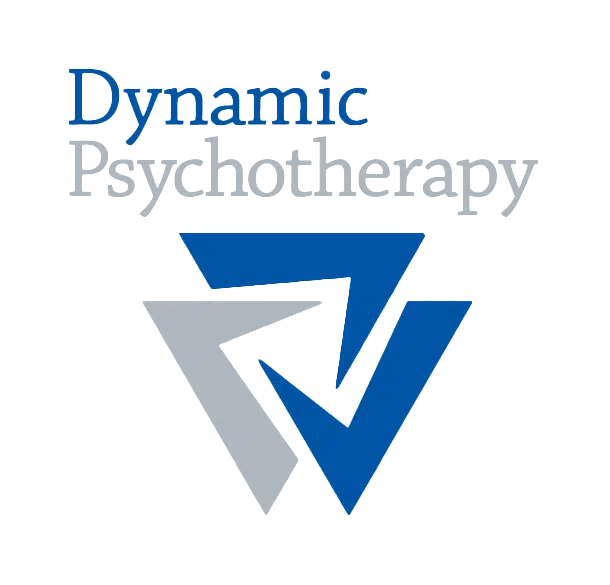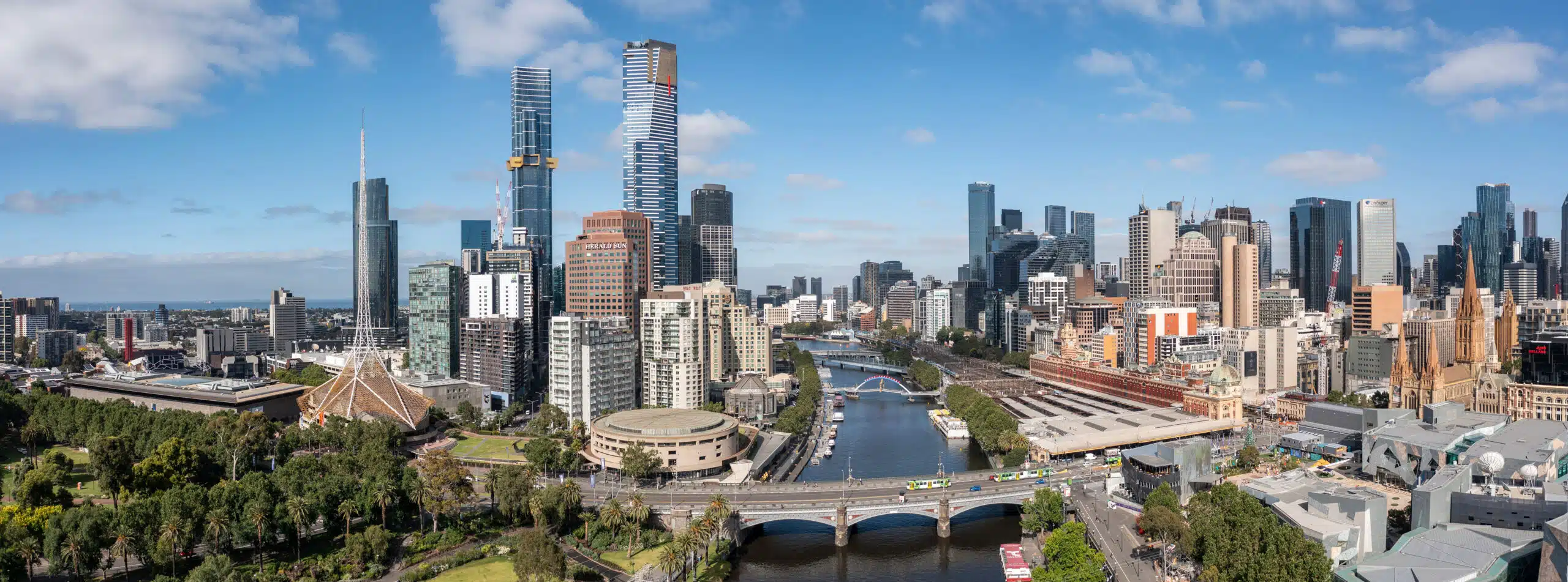Melbourne Psychology, a brief history
The use of psychological treatment first started in Melbourne during the 19th century. We have come a long way since then in promoting mental health and treating mental illness.
The history of psychology in Melbourne reminds us of how far we have come. Over the years, psychologists in Melbourne have offered services that reflect changing ideas that have influenced the study of the mind and behaviour.

Early years of psychology in Melbourne
We can trace the roots of psychology in Melbourne—and, more broadly, in Australia—back to the late 19th century. At this time, the subject of psychology was considered to be part of philosophy.
Melbourne was one of the first universities in Australia to teach psychology as a subject. In 1886 Henry Laurie, a Scottish philosopher, was appointed to a Chair of “Mental and Moral Philosophy”.
Although psychology was taught as a subject, it was a long time before the University established it as a separate department. In those days not everyone was convinced of its practical value.
Into the early 20th century
Australia’s first psychological laboratory was established at the Melbourne Teachers’ College in 1913. Among other experiments, the laboratory measured children’s skulls, hoping to predict intellectual disability and delinquency.
The outbreak of World War I, in 1914, brought new opportunities for psychologists in Melbourne. Many were enlisted to assess and treat returning soldiers suffering from shell shock (now known as post-traumatic stress disorder). This marked a shift towards applied psychology, as Melbourne psychologists began to use their knowledge to address real-world problems.
The 1920s saw the first government appointments of psychologists in Melbourne and across Australia. Also in this decade an early version of the Australasian Association of Philosophy (AAP) was formed. The AAP went on to play an important role in advancing the profession of psychology in Melbourne by promoting research, education and ethical standards.
Psychology in Melbourne in the mid-20th century
Psychology subjects remained part of philosophy teaching at the University of Melbourne until a dedicated department was founded in 1946. The newly formed Department of Psychology at Melbourne University was the only clinic in Victoria to focus on research until the 1960s, when a new department at Monash University was founded.
Psychology in Melbourne grew quickly during the late 1940s after the success enjoyed by clinics in treating disorders arising from World War II. New jobs were created by the psychological branch of the Victorian Education Department along with public-service initiatives offering new opportunities for psychologists in Melbourne.
At the end of the 1960s there was a boom in the growth of practices set up by clinical psychologists across Melbourne. These therapists were inspired by US psychologists Carl Rogers (founder of humanistic psychology) and Albert Ellis (founder of rational emotive behavior therapy). The boom in growth caused a significant migration of psychologists from public Melbourne psychology clinics to private Melbourne psychology clinics.
The Australian branch of the British Psychological Society had been formed in 1944. It became the Australian Psychological Society (APS) in 1966. Since then the APS has played a crucial role in supporting psychologists and counsellors in Melbourne and the rest of Victoria, making oversight possible across the state.
Into the 21st century
In the late 1900s and early 2000s, Melbourne psychology clinics started using new ways to help people feel better. Some examples of these are:
- Mindfulness-Based Therapies
- Acceptance and Commitment Therapy (ACT)
- Dialectical Behavior Therapy (DBT)
- Schema Therapy.
- Eye Movement Desensitisation Reprocessing (EMDR)
- Short-Term Dynamic Psychotherapies, including ISTDP
From the 2000s onwards, counsellors and therapists in Melbourne have been at the forefront of mental health awareness and initiatives, actively promoting destigmatization and access to mental health services.
Today, Melbourne boasts a thriving community of psychologists, who offer a wide range of services to the public. These services include counselling, psychotherapy, assessment, and support for various mental health issues.
You can view our team here and the issues we work with here.

